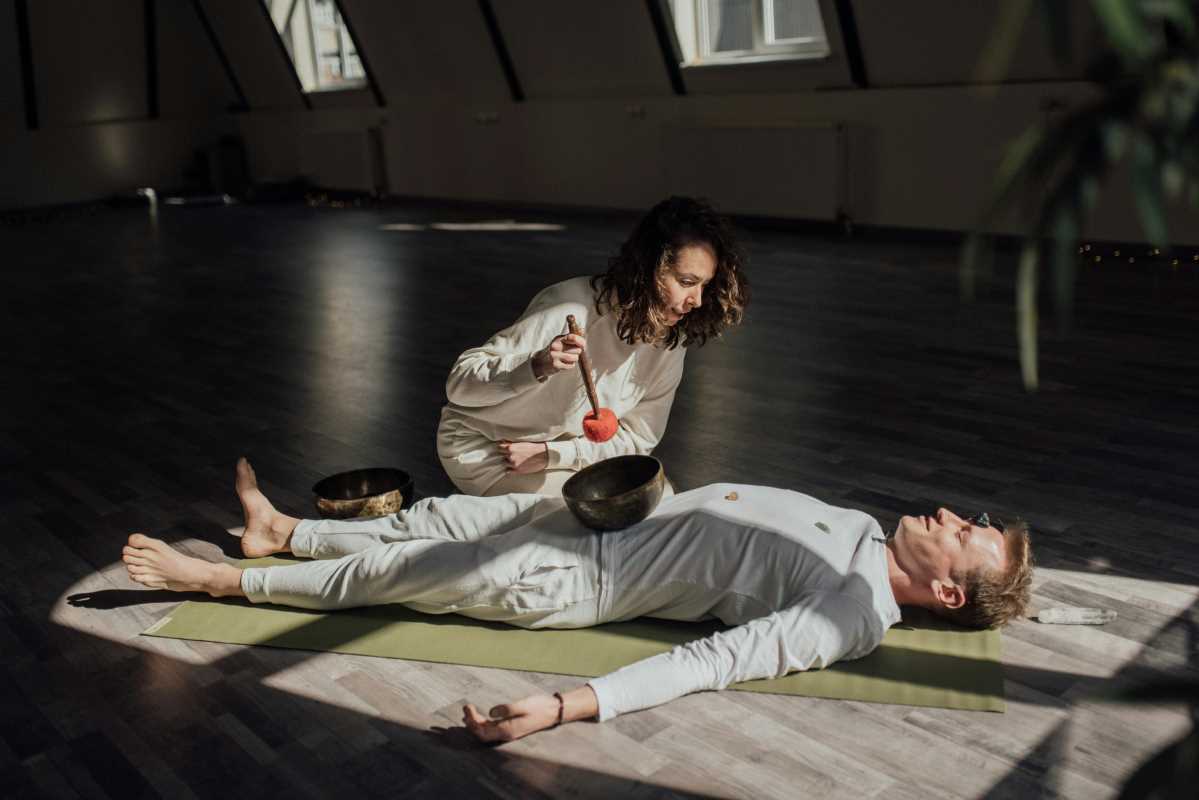In a world that often feels rushed and overwhelming, it’s easy to forget the importance of slowing down and taking care of ourselves. We push through busy schedules, heavy responsibilities, and emotional stress, sometimes without pausing to breathe. But for centuries, cultures around the world have turned to simple, thoughtful rituals to restore balance and peace. These ancient wellness practices can still guide us today, offering gentle ways to care for our bodies, minds, and hearts.
Here’s a closer look at self-care routines inspired by traditions that have stood the test of time—and how they can bring comfort and healing to your modern life.
1. Ayurvedic Morning Rituals: Start with Intention
Ayurveda, an ancient healing system from India, teaches that the way you begin your day sets the tone for everything that follows. One powerful practice is dinacharya, a daily routine that starts at sunrise and emphasizes cleansing, grounding, and mindfulness.
A simple way to adopt this is to wake up gently and take a few quiet moments before looking at your phone or diving into the day. Try washing your face with warm water, sipping hot lemon water, and doing gentle stretches. Many people also practice tongue scraping, an easy Ayurvedic step believed to remove toxins and improve digestion.
These acts may seem small, but they send a loving message to your body: “I see you. I’m here to care for you.”
2. Traditional Chinese Medicine: Harmonizing Energy
Traditional Chinese Medicine (TCM) focuses on keeping the body’s energy—called Qi—flowing smoothly. When this energy is blocked, we can feel tired, stressed, or unwell. Practices like acupuncture and herbal remedies are central to TCM, but you can start with something more accessible: acupressure and qigong.
Qigong is a gentle movement and breathing practice that helps you connect with your body and calm your mind. You don’t need to be a master to try it; even five minutes of slow breathing and movement can help you feel centered.
Acupressure involves pressing certain points on your body—like between your eyebrows or at the base of your thumb—to relieve tension. These small actions can ground you during stressful moments, reminding you that relief is within reach.
3. Japanese Onsen and Forest Bathing: Finding Peace in Nature
In Japan, soaking in a hot spring (onsen) is more than a luxury—it’s a way to let the mind and body rest. The warm water soothes sore muscles and helps wash away mental fatigue. While not everyone has access to a natural hot spring, you can still recreate this moment of calm at home.
Run a warm bath, light a candle, and leave your phone in another room. Use Epsom salts or essential oils like lavender to enhance relaxation. Let your bath be a quiet ritual, not a task to check off.
Another practice from Japan is shinrin-yoku, or “forest bathing.” It doesn’t mean hiking or exercising, but simply being in nature and noticing your surroundings. Even a slow walk in a park, or sitting near trees, can lower stress and help you reconnect with yourself.
4. Indigenous Wisdom: Listening to the Land and Your Spirit
Many Indigenous cultures, across continents, have long practiced self-care that focuses on harmony—with nature, with community, and with self. Rituals like smudging (burning herbs like sage) are used to clear energy and invite peace. Storytelling, drumming, and dancing are not just cultural traditions—they’re healing experiences, full of connection and expression.
You don’t have to come from a specific culture to honor these ideas with respect. A few ways to gently embrace this wisdom: spend time outdoors, sit in stillness, journal your feelings, or create simple rituals that hold meaning for you. The key is to slow down, listen inward, and let yourself feel what you feel without judgment.
5. Meditation and Breathwork: Ancient Tools for a Modern Mind
Meditation has roots in many ancient traditions—from Buddhist and Hindu teachings to Christian and Sufi contemplative practices. At its heart, it’s about presence. When your mind is racing or your heart feels heavy, just breathing with awareness can bring a sense of peace.
You don’t need to meditate for an hour or sit perfectly still. Just find a few minutes to close your eyes, rest your hands on your chest or belly, and take a few deep breaths. Say something kind to yourself, like “I am safe,” or “It’s okay to rest.”
When practiced regularly, these quiet moments build resilience and inner calm. They remind us that even when the world feels out of control, we can return to our breath.
6. Sacred Nourishment: Eating with Care
In many ancient cultures, preparing and eating food was a sacred act. Meals weren’t rushed; they were shared with love, prepared with intention, and eaten mindfully.
You can honor this by slowing down during meals. Light a candle, turn off distractions, and really taste your food. Try cooking something with meaning—maybe a dish your grandmother used to make, or a warm soup with healing spices. Nourishment isn’t just about calories; it’s about care.
You Deserve This Kind of Care
Self-care doesn’t have to be trendy or expensive. It can be quiet, simple, and deeply personal. Whether you’re lighting a candle, taking a slow walk, or sipping tea with intention, you are doing something powerful: you’re honoring yourself.
 (Image via
(Image via





